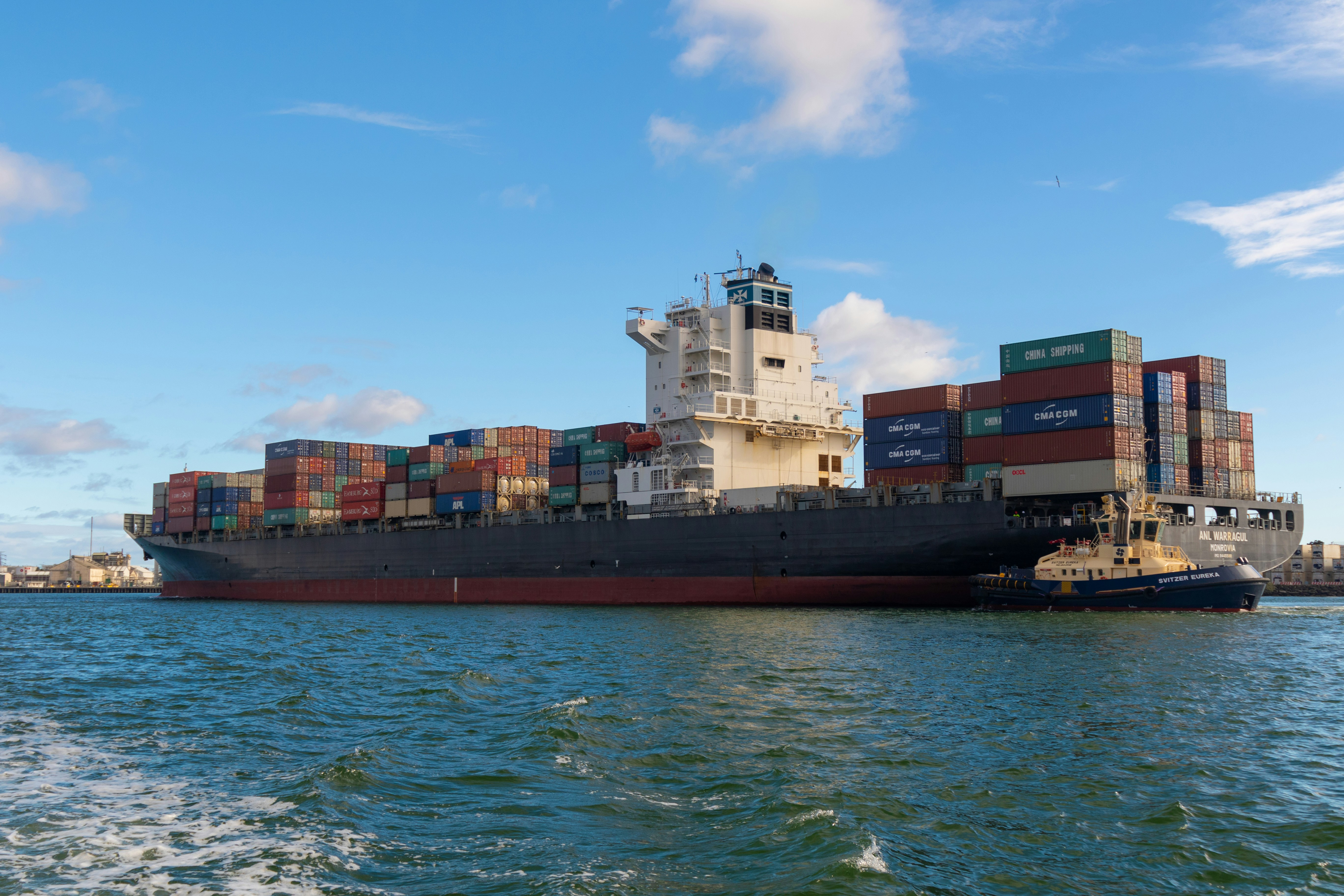When China increased restrictions on exports of rare earths last Friday, escalating a trade war with the US, several small Australian miners bucked the global market sell-off to register big gains.
Shares in Lynas Rare Earths, Northern Minerals and Arafura Rare Earths rose on investor bets that they could be long-term suppliers of the materials western buyers need to deliver modern energy and defence systems.
Lynas and Northern shares have risen more than 10 per cent in the past week, in contrast to a wider sell-off among Australia-listed miners.
Australia has been positioning itself as a key supplier of critical minerals — including rare earths used in electric vehicles and wind turbines — for more than a decade. Up to now, China’s dominance has made breaking through difficult, say analysts.
But following China’s latest export controls, Perth-based Lynas has said it is “ideally positioned”, along with peers such as Northern and Iluka Resources, to take advantage of disruptions to the global supply chain.
Tom O’Leary, managing director of Iluka, said Australian companies could provide a secure source of essential materials to global suppliers. “The need for a sustainable rare earths industry is clearly intensifying,” he said.
China’s latest measures — restricting exports of seven rare earths and permanent magnets — targeted so-called medium and heavy metals used in the defence, robotics and energy industries.
In practice, a car company operating a factory in China would still be well supplied with the materials it needs but may find scarce supplies for any of its factories elsewhere, said stockbroker Ord Minnett in a note.
“The message would be that if the US wants high-end permanent magnets, the factories need to be in China,” the note said, adding that defence firms could “forget” about supplies. “China does not want its rare earths returned in the form of missiles,” it said.
The new Chinese controls highlight the extent of global companies’ dependence across multiple sectors — defence, energy, transport and medical — on a single source of supply, said Shane Hartwig, chief executive of Northern Minerals, which is looking to develop a rare earths deposit in Western Australia.
“It is evidence of the ability of China to assert that dominance. It helps to provide evidence that single-source supply chains are a risk, from China or anyone else,” he said.
Chinese mines account for production of about 60 per cent of the world’s rare earths, but the country processes nearly 90 per cent of them.
After China, geologists say Australia has one of the richest sources in the world of high-grade rare earths — a set of 16 metallic elements.
It already mines heavy rare earths, including dysprosium and terbium or DyTb, which are essential in the manufacturing of magnets that can operate in very high temperature environments such as electric vehicle motors. The next step for Australian companies is to refine the metals either domestically or offshore, but such efforts will take time to come online, analysts said.
Lynas, which is backed by Japanese investors keen to find an alternative to Chinese supplies, specialises in lighter metals that it mines in Western Australia and refines in Malaysia. It said in February that production of NdPr — light rare earths — grew 22 per cent to a record 2,969 tonnes in the six months to the end of December.
Lynas is not yet refining heavy rare earths, but will start to produce DyTb at its Malaysian facility to export to magnet makers from the middle of this year.
It is also building a rare earths separation plant in Seadrift, Texas, funded by the US Department of Defense, which Ord Minnett said would now probably be expedited after being held up by US “red tape”.
Iluka Resources also plans to start to refine DyTb from 2027 at a new heavy rare earths refinery in Eneabba, a remote part of Western Australia, having secured A$1.6bn (US$960mn) in loans from the Australian government last year.
Please use the sharing tools found via the share button at the top or side of articles. Copying articles to share with others is a breach of FT.com T&Cs and Copyright Policy. Email licensing@ft.com to buy additional rights. Subscribers may share up to 10 or 20 articles per month using the gift article service. More information can be found at https://www.ft.com/tour.
https://www.ft.com/content/61508e6a-bf1b-4d0c-8b92-37e7b20702e8
Daniel Morgan, an analyst with Barrenjoey, said Lynas was well-positioned, but the A$7bn company had not been “adequately compensated” in terms of its valuation for its strategic position in building itself up as the world’s largest supplier of rare earths outside China. Net profit in the six months to December 31 slumped 85 per cent despite its expansion and increased production, as rare earth prices remained volatile.
Gavin Mudd, director of the Critical Minerals Intelligence Centre located within the British Geological Survey, said more government support was needed for Australia to build its rare earth supply chain.
“If we are to create diversified, resilient and responsible supply chains for rare earths, governments of the world need to make sure that we build not only mines but refineries, manufacturing plants and recycling facilities,” he said.
In response to the Trump administration’s imposition of a 10 per cent tariff on Australian imports last week, Canberra has already said it would establish a strategic critical minerals reserve.
That could be used as leverage in future trade negotiations, with the US having targeted rare earth deposits in Greenland and Ukraine in recent months. It could also be significant in providing a benchmark price and non-commercial demand for rare earths that would support the industry.
“It’s an opaque market that is dominated by a single supply chain. Some form of support would be helpful for us,” said Hartwig.
“Source:Financial Times”

 English
English


